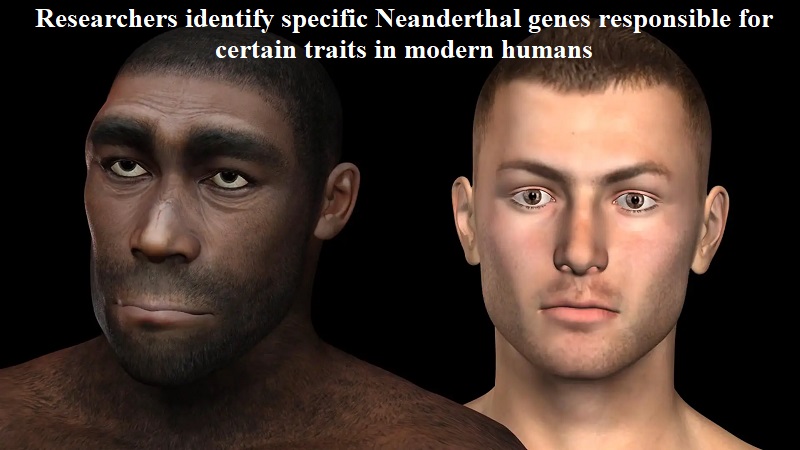
A recent study conducted by researchers, including those from Cornell University, utilized a vast dataset from the UK Biobank to investigate the impact of interbreeding between non-African humans and Neanderthals. The dataset consisted of genetic and trait information from nearly 300,000 individuals of non-African ancestry. The researchers identified specific Neanderthal genes that influence various traits in modern humans, particularly those related to the immune system. However, the study also revealed that over time, modern human genes have gradually been supplanting Neanderthal genes across successive generations.
The study focused on individuals of European ancestry who descended from populations that migrated from Africa before Neanderthals went extinct. Employing advanced computational genetic tools, the research team examined more than 235,000 genetic variants that likely originated from Neanderthals. They identified 4,303 DNA differences that have a significant impact on modern humans, affecting 47 distinct genetic traits. These traits encompass diverse characteristics, including metabolic rates and natural immune resistance to certain diseases. Notably, the analysis specifically excluded modern human genes to isolate the variants attributed to Neanderthal genes.
Sriram Sankararaman, an associate professor at the University of California, Los Angeles and senior investigator of the study, emphasized the importance of this research for scientists studying human evolution. It provides insights into how interbreeding events tens of thousands of years ago with archaic humans still shape the biology of present-day humans. Additionally, the findings offer valuable information for evolutionary biologists examining the consequences, both beneficial and detrimental, of such interbreeding events.
While the study primarily focused on individuals of European ancestry in the UK, the computational tools developed by the research team have potential applications in other large genetic databases. This paves the way for further exploration of the genetic influences of archaic humans on modern humans and a deeper understanding of human evolution. The study received support from various funding sources, including the National Institutes of Health and the National Science Foundation, as well as research fellowships and grants from different organizations and institutions. The researchers have made their custom software freely available for future research endeavors. The study involved collaboration between experts from Cornell University, the University of California, Los Angeles, Massachusetts General Hospital, Harvard Medical School, USC, the Broad Institute of MIT and Harvard, and Harvard University.

Post Your Comments